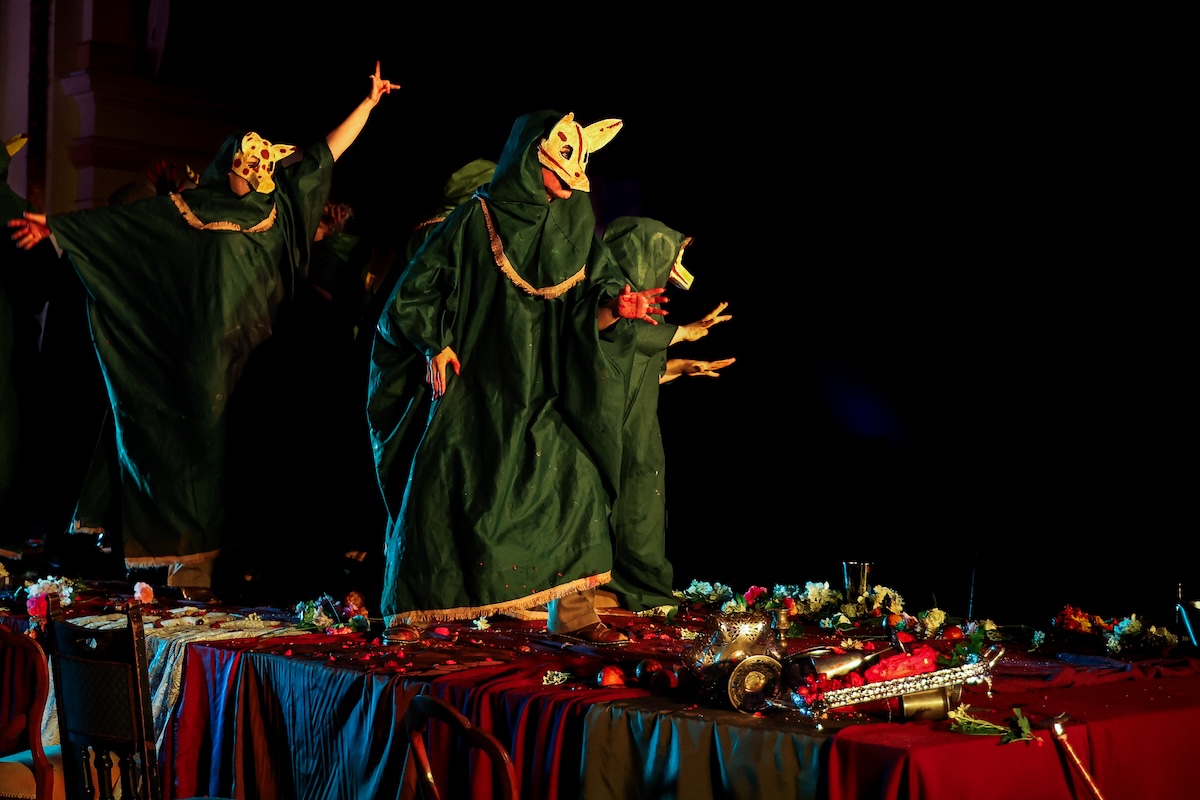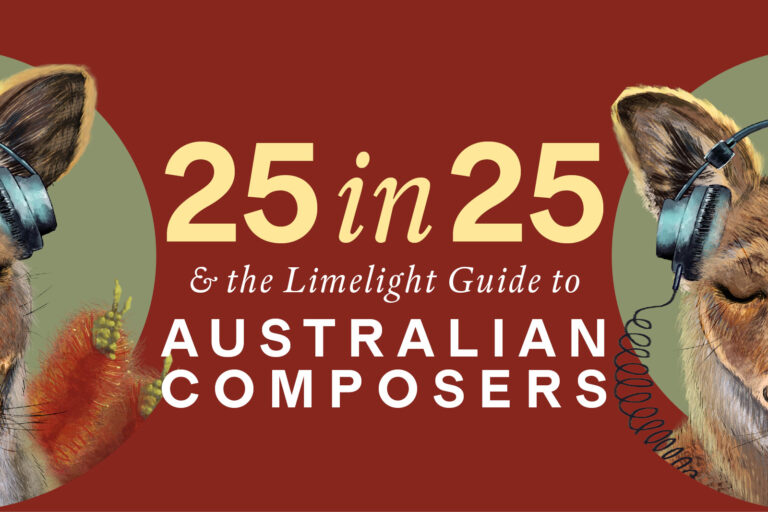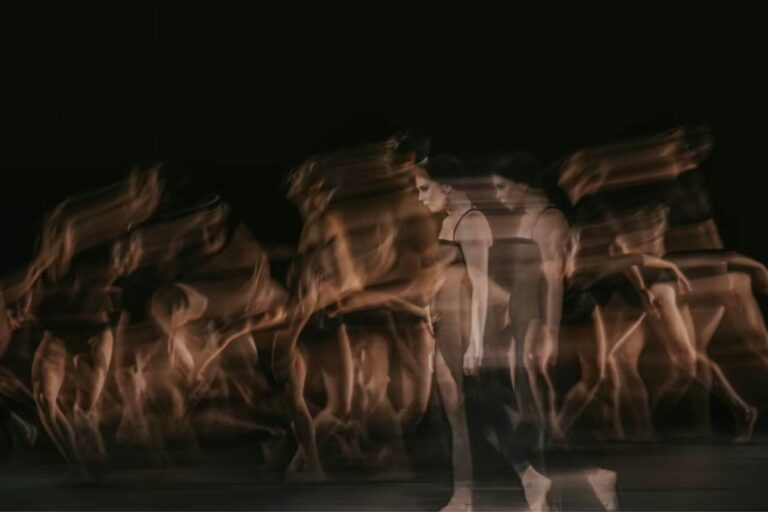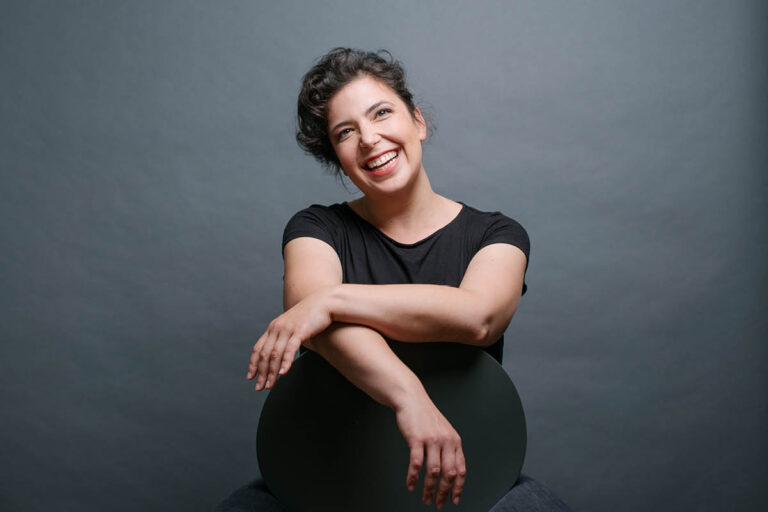In BK Opera artistic director Kate Millett’s latest thought-provoking work – a turbulent and thoroughly gripping production of Verdi’s Macbeth – we are continually reminded that, despite our supposedly advanced cognitive capabilities, moral thought and cultural complexity, we are inescapably part of the animal kingdom.
For Verdi’s four-act version of Shakespeare’s early 17th-century play – premiered in 1847 and composed in the fruitful years that launched his universal acclaim – Millett doesn’t hold back in bringing out the beastliness and barbarism our DNA carries in a figurative sense.
Macbeth abounds with unrest, violence and superstition, in which the quest for absolute power is so great that nothing less than murder can satisfy its need. In this production, murder is indeed a messy affair as it magnifies the darkest nature of humanity. This is thrilling opera up close, supported by an imaginative creative team and a raft of impressive young developing and emerging artists.

BK Opera’s Macbeth. Photo © Kate Cameron
The restrained, neoclassical, double-height interior of the 19th-century Kensington Town Hall is ideally suited to both Millett’s concept and the...
Continue reading
Get unlimited digital access from $4 per month
Already a subscriber?
Log in










Comments
Log in to start the conversation.